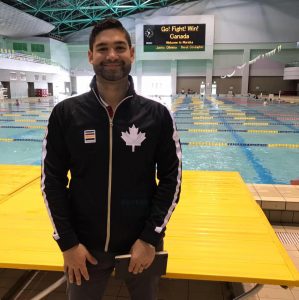 Justin Oliveira is currently the High Performance Director (HPD) at Water Polo Canada. Throughout his career, Justin worked with the Women’s and Men’s Senior Water Polo Programs and attended many World Championships, World League Finals, Olympic Qualification Tournaments and three Pan American Games.
Justin Oliveira is currently the High Performance Director (HPD) at Water Polo Canada. Throughout his career, Justin worked with the Women’s and Men’s Senior Water Polo Programs and attended many World Championships, World League Finals, Olympic Qualification Tournaments and three Pan American Games.
Jason’s career in sport has always been driven by the desire to gain as much knowledge as he can to hone his skills as a leader in water polo. “When I heard about the MHPCTL degree I was working as an Assistant Coach with the Canadian Women’s National Water Polo Team and we had just experienced some significant and successive coaching changes. Knowing that I needed to gain further knowledge, I saw the MHPCTL degree as an opportunity to obtain higher education while opening up more doors for different career paths.” he says.
The MHPCTL program provided Justin an opportunity to dig deeper into areas of the Canadian sport system in order to increase his knowledge and to contribute to the upscaling of water polo. He states that his time in the School of Kinesiology MHPCTL program afforded him the opportunity “to learn from some of the top sport minds” in North America (both at distance and during residential weeks) and to expand his network. The network, says Oliveira, “aids him in his every day work as an HPD. The MHPCTL program was critical in preparing me for my role as an HPD, and provided me with the advanced education I need to be successful in my role. The quality of the program and its professors speaks for itself, and the nationwide networking opportunity provided me with invaluable connections that have fostered my ongoing evolution as a sport professional.”
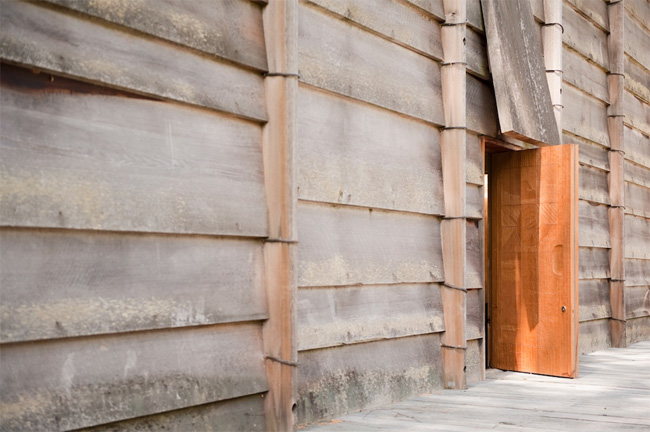 Longhouse Ceremonial Door
Longhouse Ceremonial Door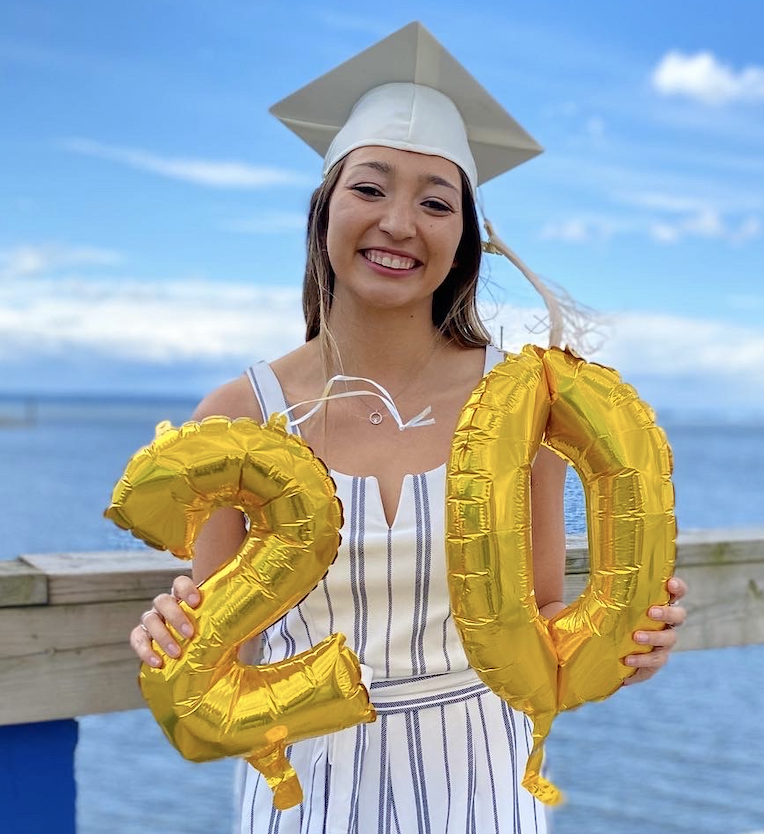
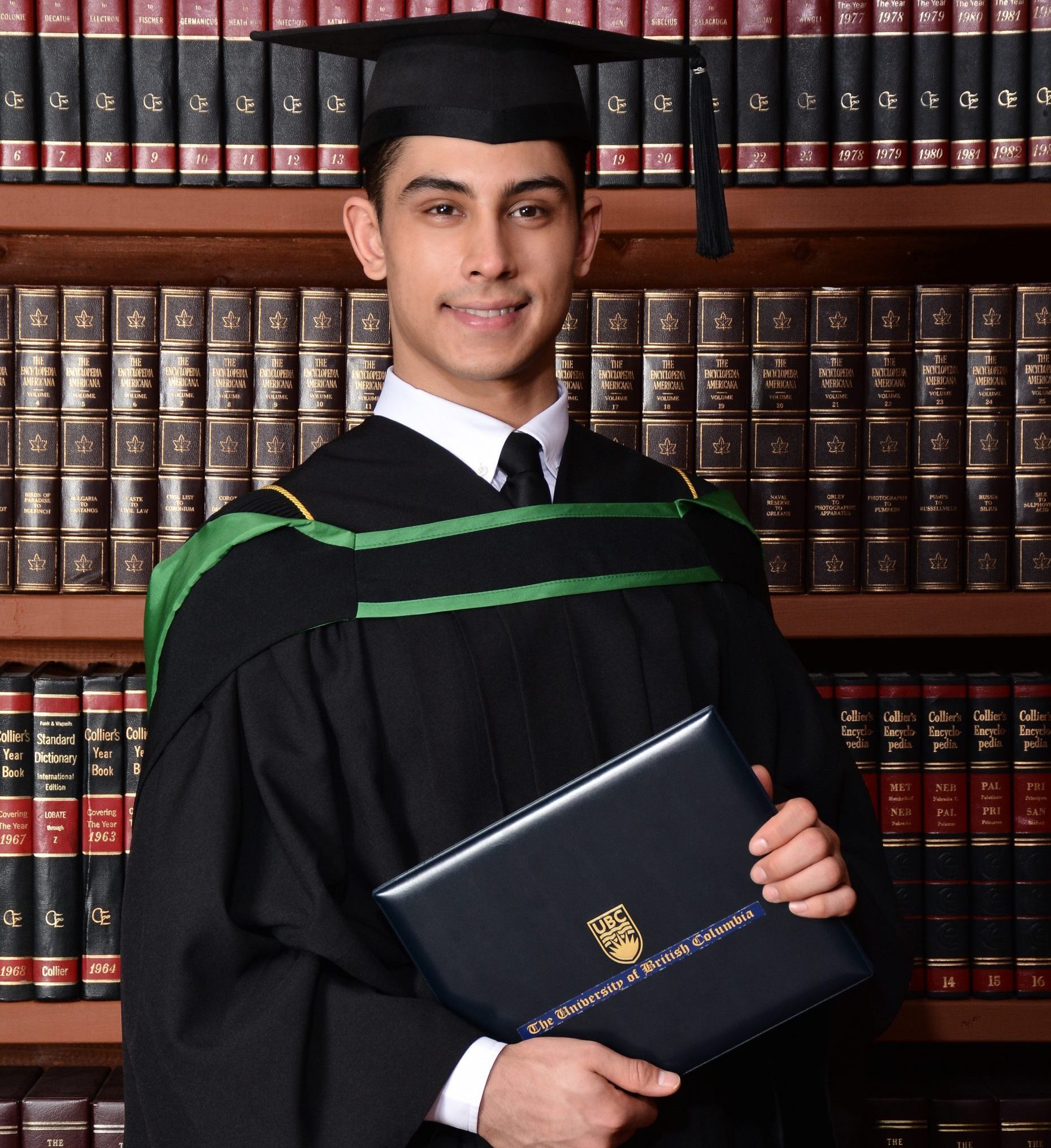
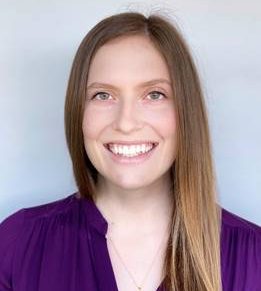

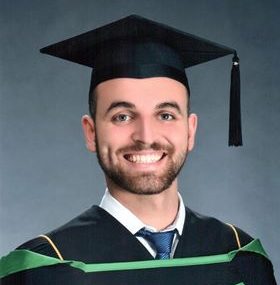
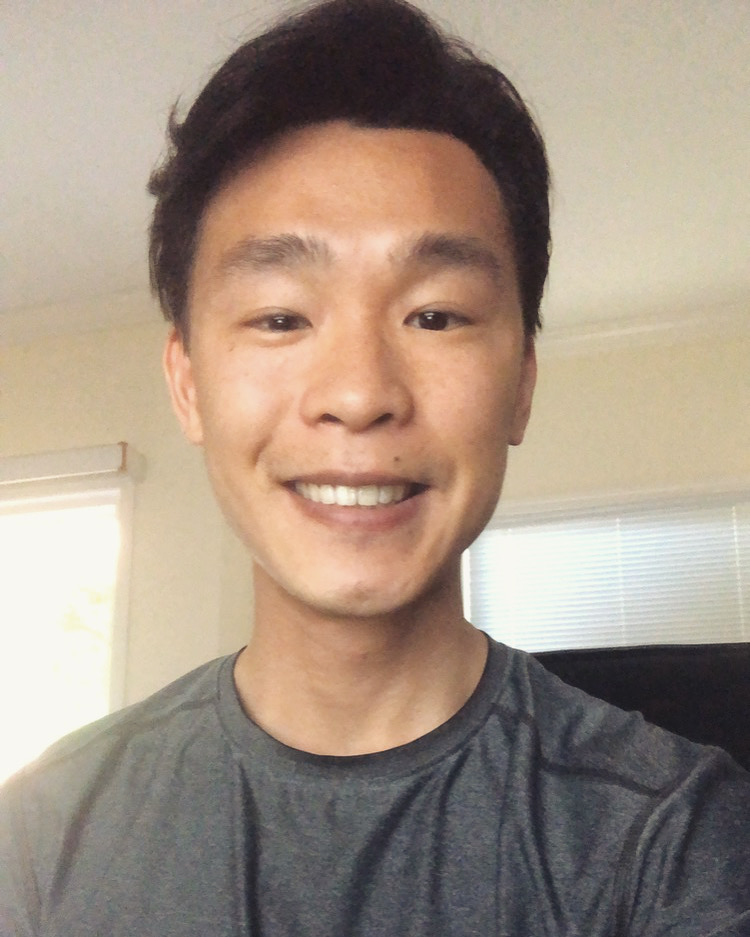
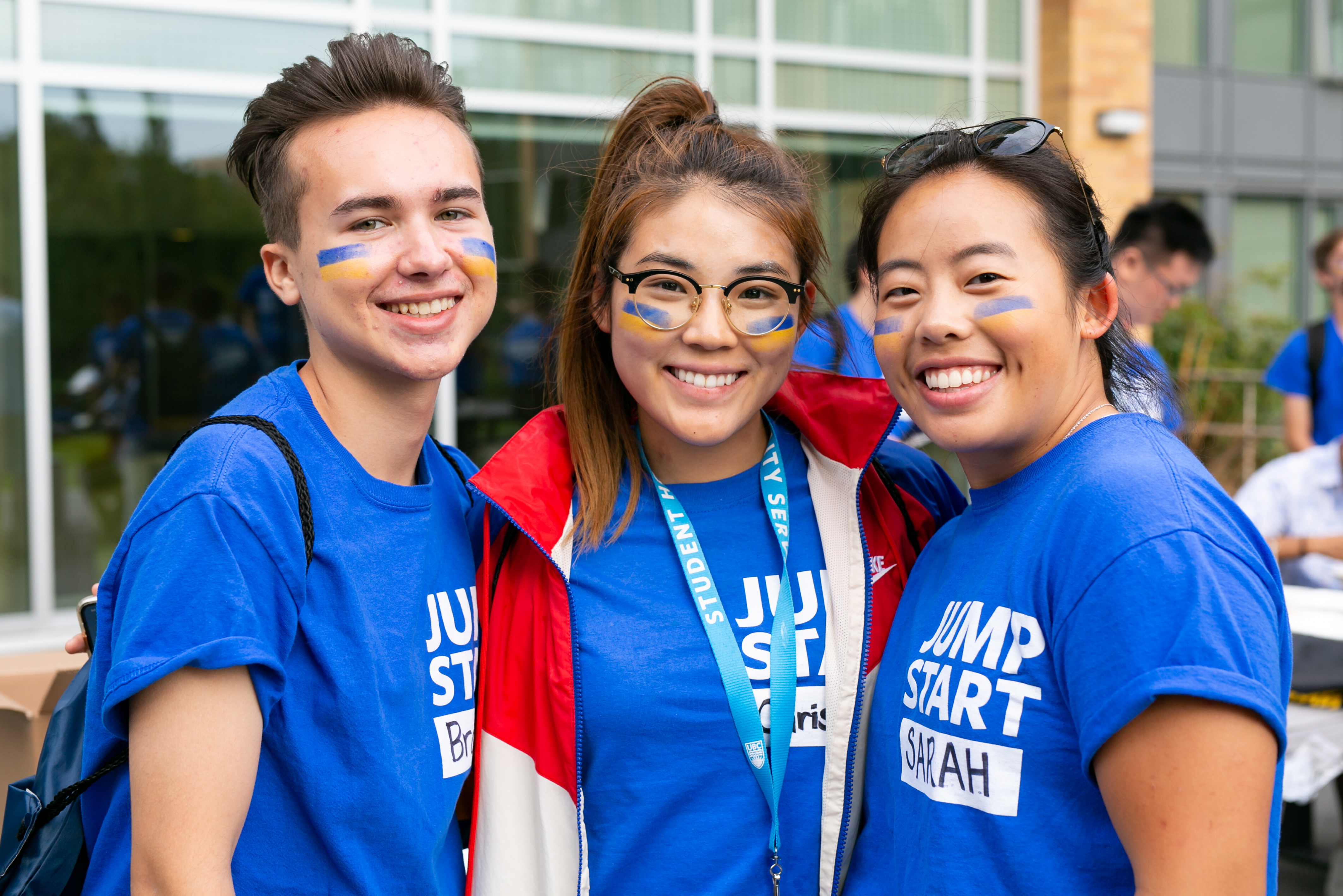
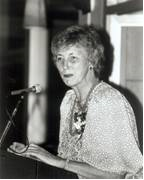 It is with great sadness that the School of Kinesiology, Faculty of Education announces the passing away of Emerita, Phyllis Barbara ‘Bim’ Schrodt (1929-2020) at the age of 91.
It is with great sadness that the School of Kinesiology, Faculty of Education announces the passing away of Emerita, Phyllis Barbara ‘Bim’ Schrodt (1929-2020) at the age of 91.